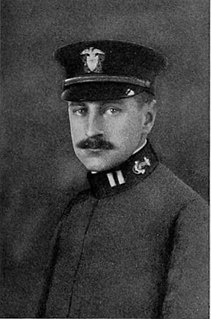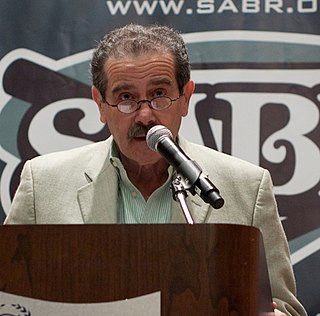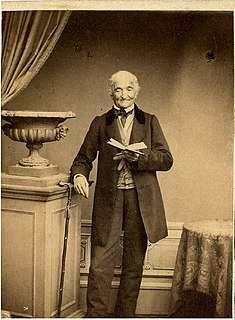A Quote by Aristotle
Our virtues are voluntary (and in fact we are in a sense ourselves partly the cause of our moral dispositions, and it is our having a certain character that makes us set up an end of a certain kind), it follows that our vices are voluntary also; they are voluntary in the same manner as our virtues.
Related Quotes
Together, let us make this a new beginning. Let us make a commitment to care for the needy, to teach our children the values and the virtues handed down to us by our families, to have the courage to defend those values and the willingess to sacrifice for them. Let us pledge to restore, in our time, the American spirit of voluntary service, of cooperation, of private and community initiative, a spirit that flows like a deep and mighty river through the history of our nation.
We are all potentially such sick men. The sanest and best of us are of one clay with lunatics and prison-inmates. And whenever we feel this, such a sense of the vanity of our voluntary career comes over us, that all our morality appears but as a plaster hiding a sore it can never cure, and all our well-doing as the hollowest substitute for that well-being that our lives ought to be grounded in, but alas! are not.
If we can implant in our people the Christian virtues which we sum up in the word character, and, at the same time, give them a knowledge of the line which should be drawn between voluntary action and governmental compulsion in a democracy, and of what can be accomplished within the stern laws of economics, we will enable them to retain their freedom, and at the same time, make them worthy to be free.
We are masters of our actions from the beginning up to the very end. But, in the case of our habits, we are only masters of their commencement - each particular little increase being as imperceptible as in the case of bodily infirmities. But yet our habits are voluntary, in that it was once in our power to adopt or not to adopt such or such a course of conduct.







































